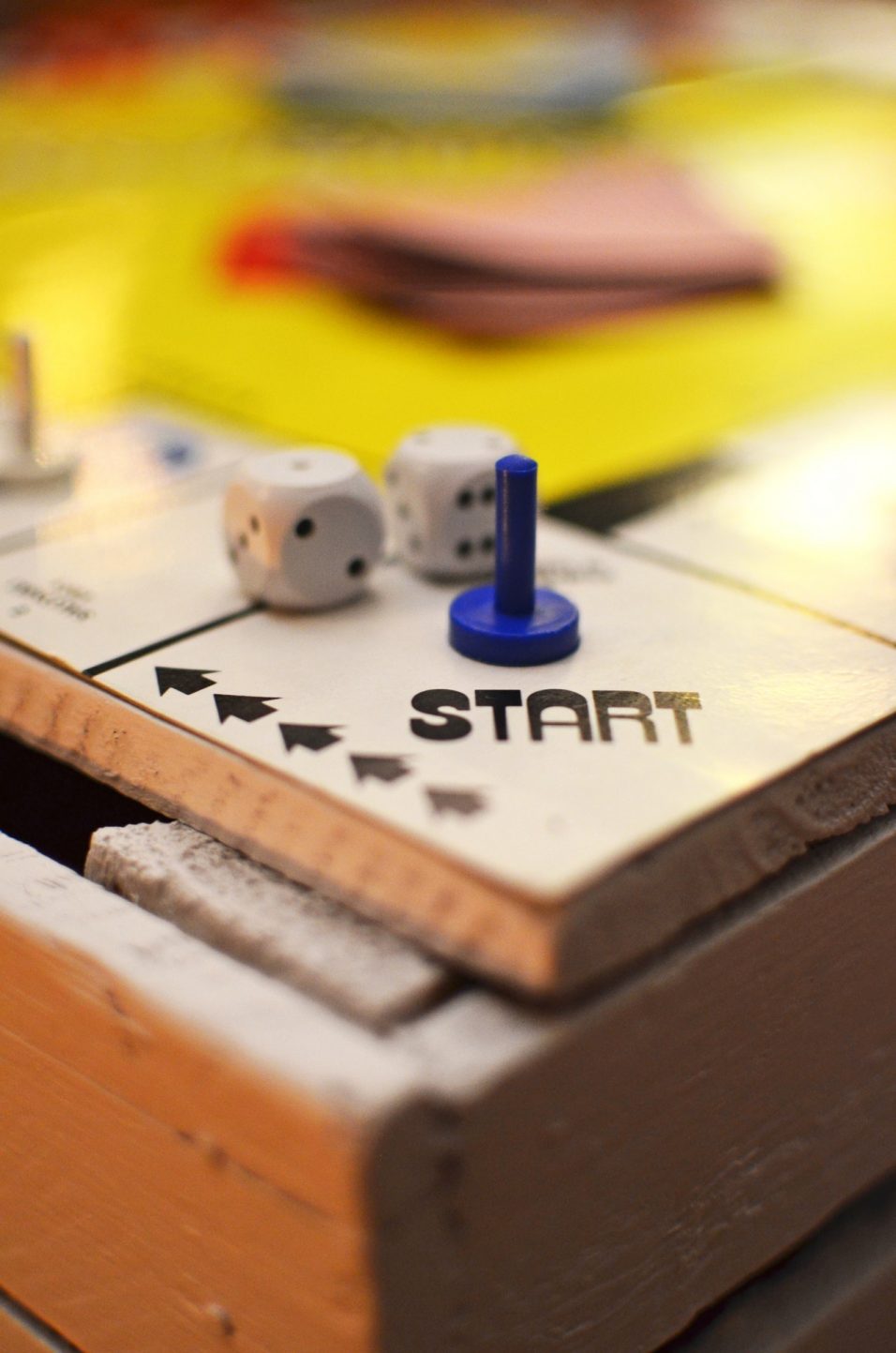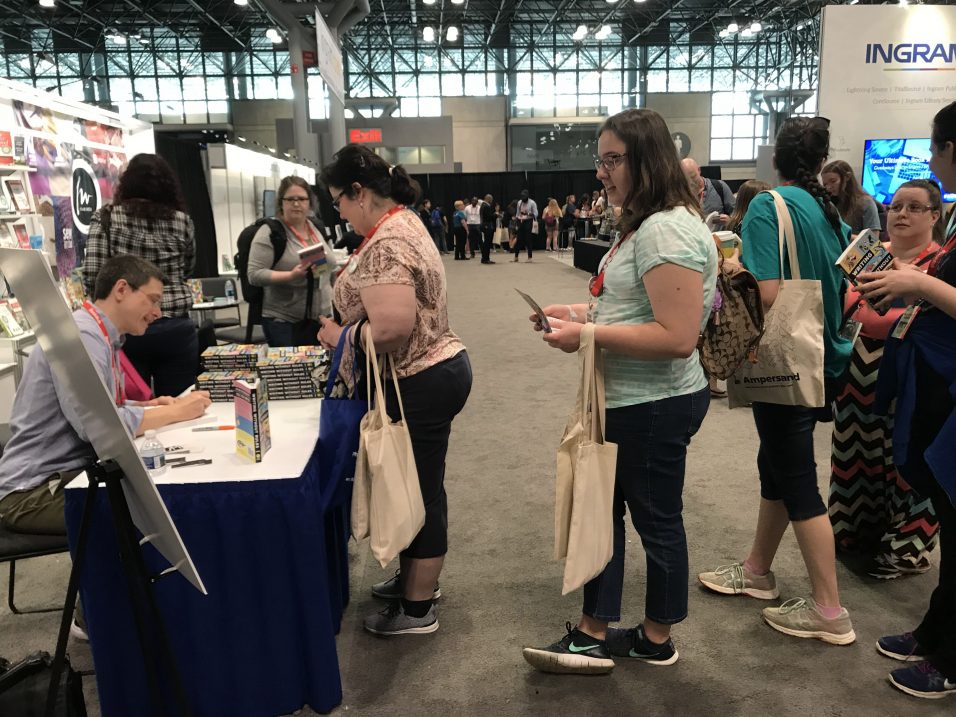The Art of Withholding

My personal theory on description in your writing—of characters, of settings, of just about everything—is that less is most definitely more. I’ve always been worried about my characters being a bit too similar to myself (white, male, pudgy, prone to lectures) and my settings a bit too similar to whatever room I’m sitting in at the time (though as I point out in Writing Without Rules, using my first adult apartment as a template/floorplan for every fictional apartment I write about is actually a great tool). It’s kind of natural to, as the graybeards say, write what you know and what I know is being a cis white guy in New Jersey, natch.
I have also tried to get away from the Male Gaze a bit in my writing as I’ve gotten older. There’s always a tendency for men to describe their female characters in sexualized ways; we love to describe bodies and tresses and such like a bunch of leering old geezers, while our male characters are more often described in less pervy ways. A lot of my juvenelia is afflicted with that—every female character is described physically, every male character is, basically, blessed with my own rich inner life.
Getting away from that can be tough work, but there’s a simple solution I’ve evolved into: I don’t describe things or characters as much as I used to.
The Mind’s Eye
There’s a trick that filmmakers use, most often in the horror genre, where the monster is kept out of sight for most of the story. A huge example would be the original Jurassic Park, where Spielberg keeps his dinosaurs obscured for much of the film, showing us an eye here, a claw there, until he decides to pull back the curtain in spectacular fashion. But you see it a lot, and not always because of budget issues that reduce your scary monster to a guy in a mask. It’s an effective tool, because it forces the audience to imagine things. And what your audience/readers will imagine will always be better than what you can possibly describe.
So, these days when I write I stay away from lush descriptions of characters and places. I offer as much detail as is necessary, but I ask myself what’s important about a character. Broad strokes go a long way, and your reader will fill those strokes in according to their own experience and sense of the world. And that’s fine. In short, unless a physical trait is important to the story or to the understanding of the character, leave it out.
Of course, determining what is important is your job. Maybe it’s important to the story or the character that your female detective is beautiful. Or hideous. That’s up to you. My point is, think about that before you spend six paragraphs writing about her admiring herself in the mirror and thinking that men are always telling her how pretty she is, for some reason.
Sure, I mean, I do that all the time, but then I’m spectacular looking.






